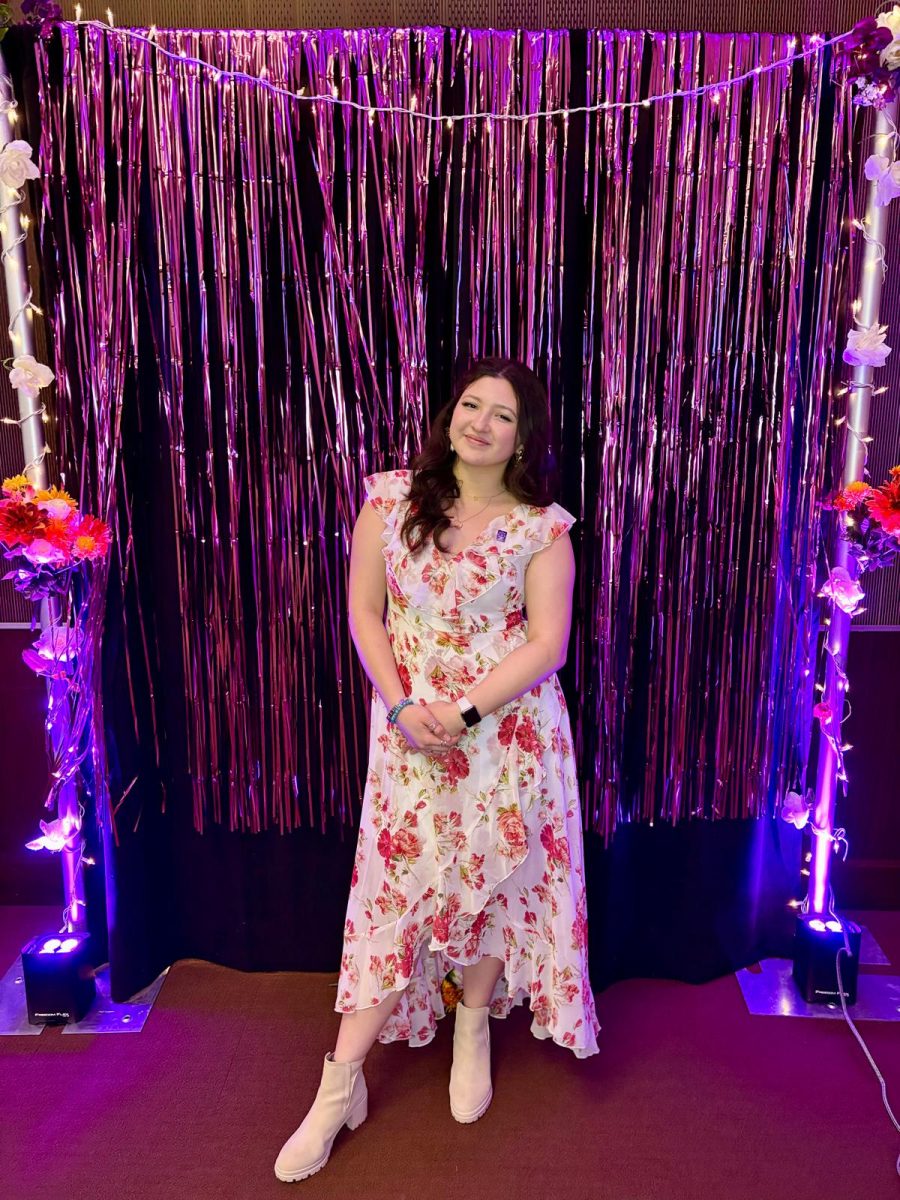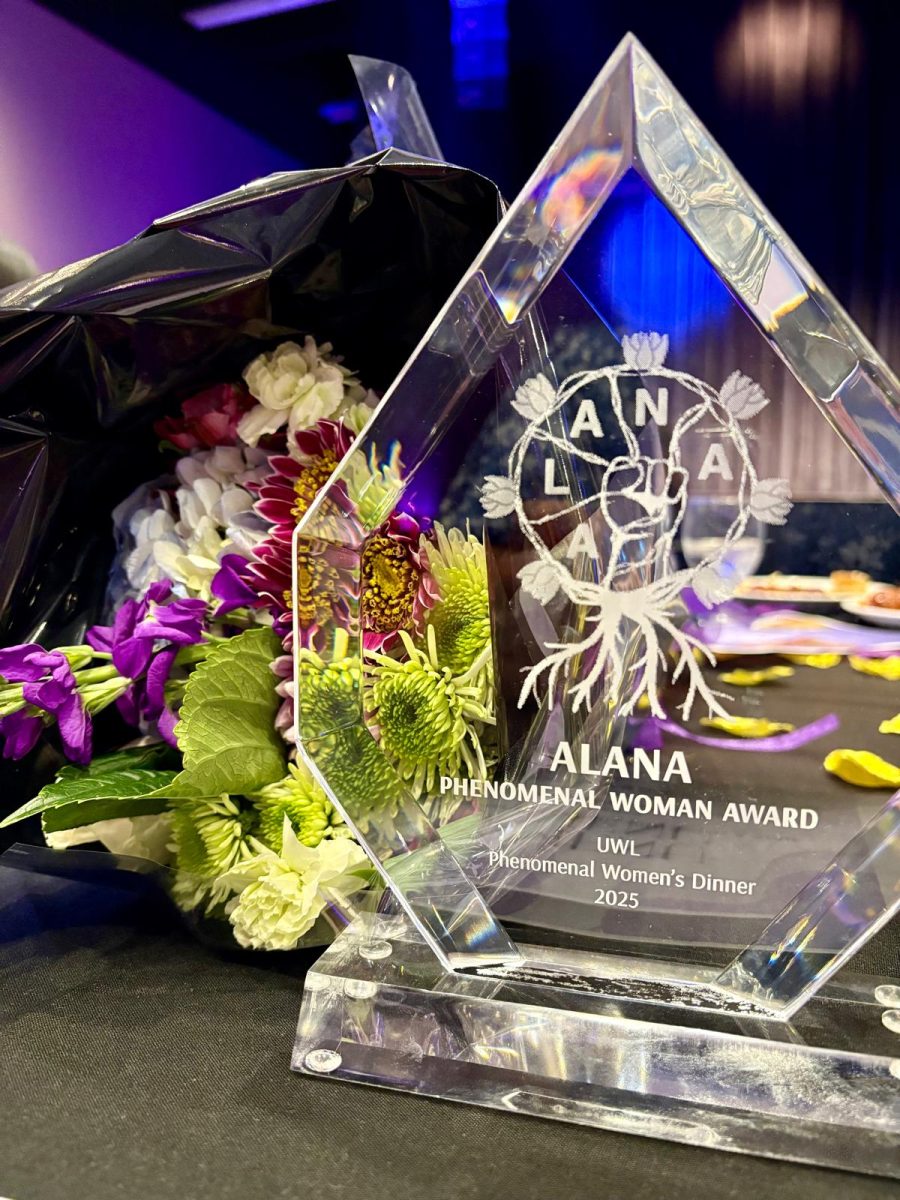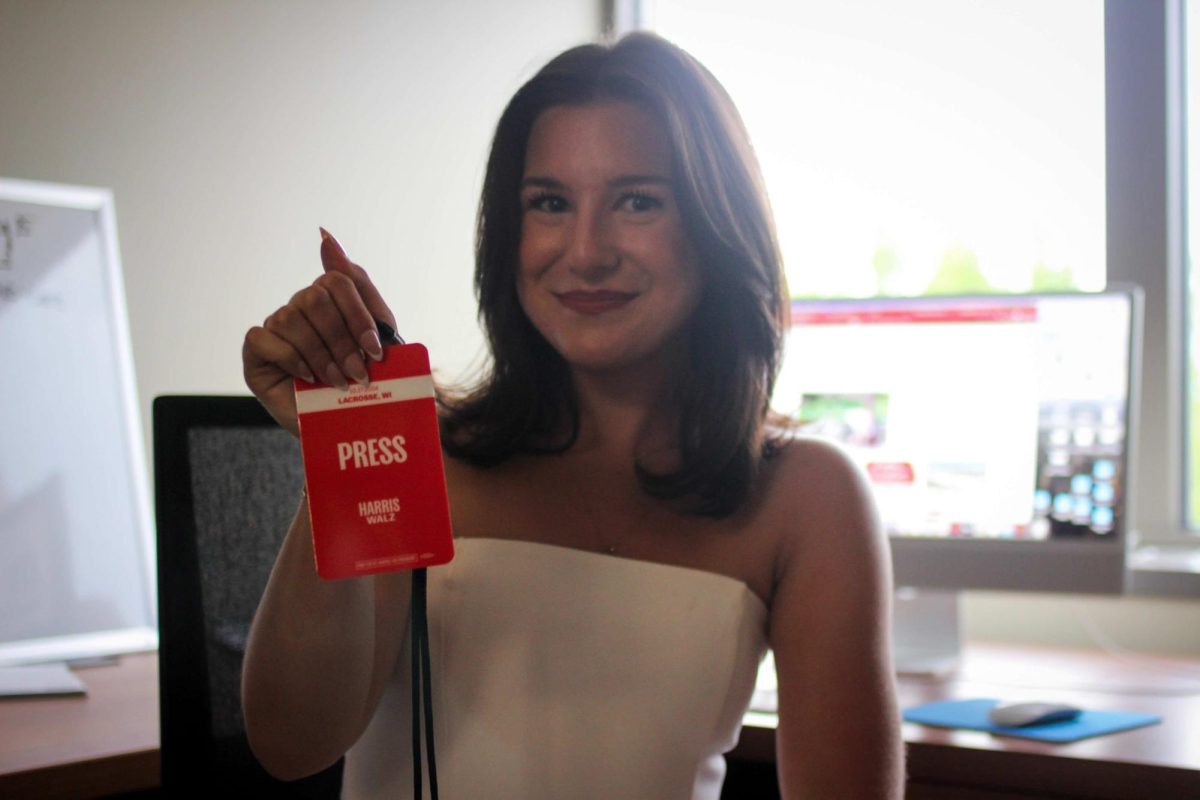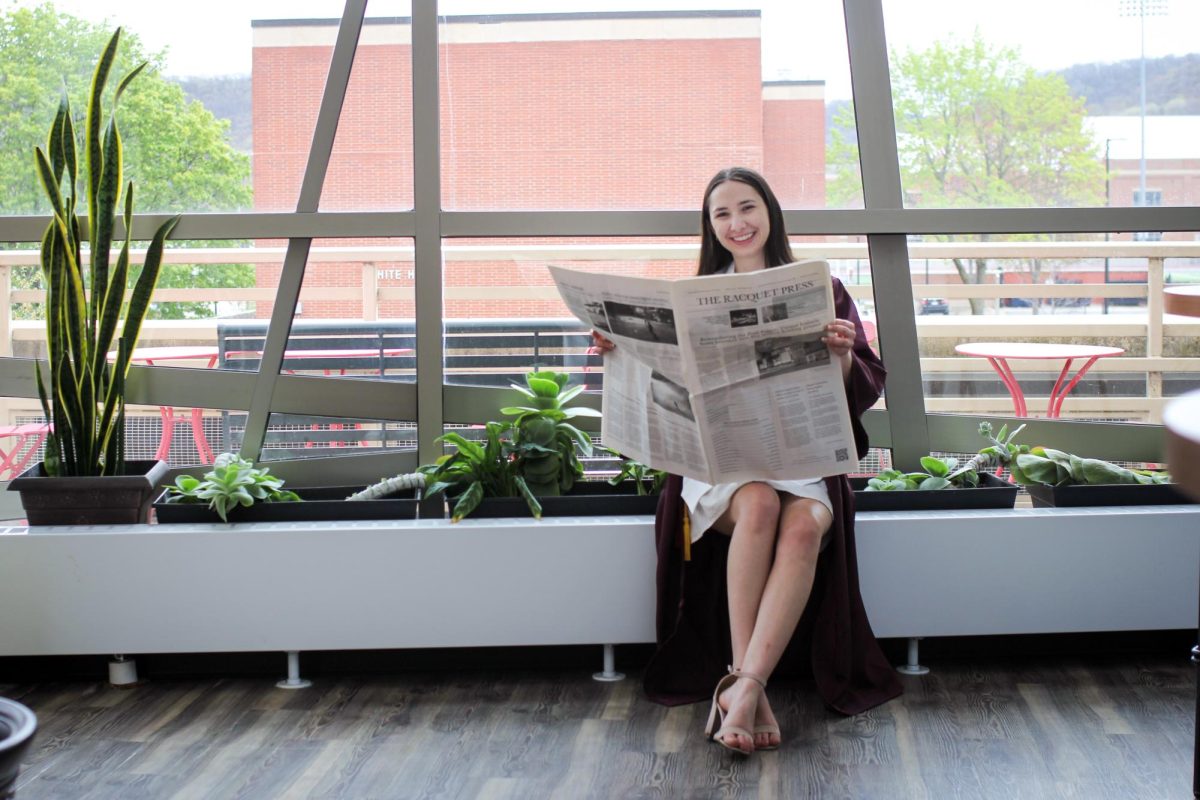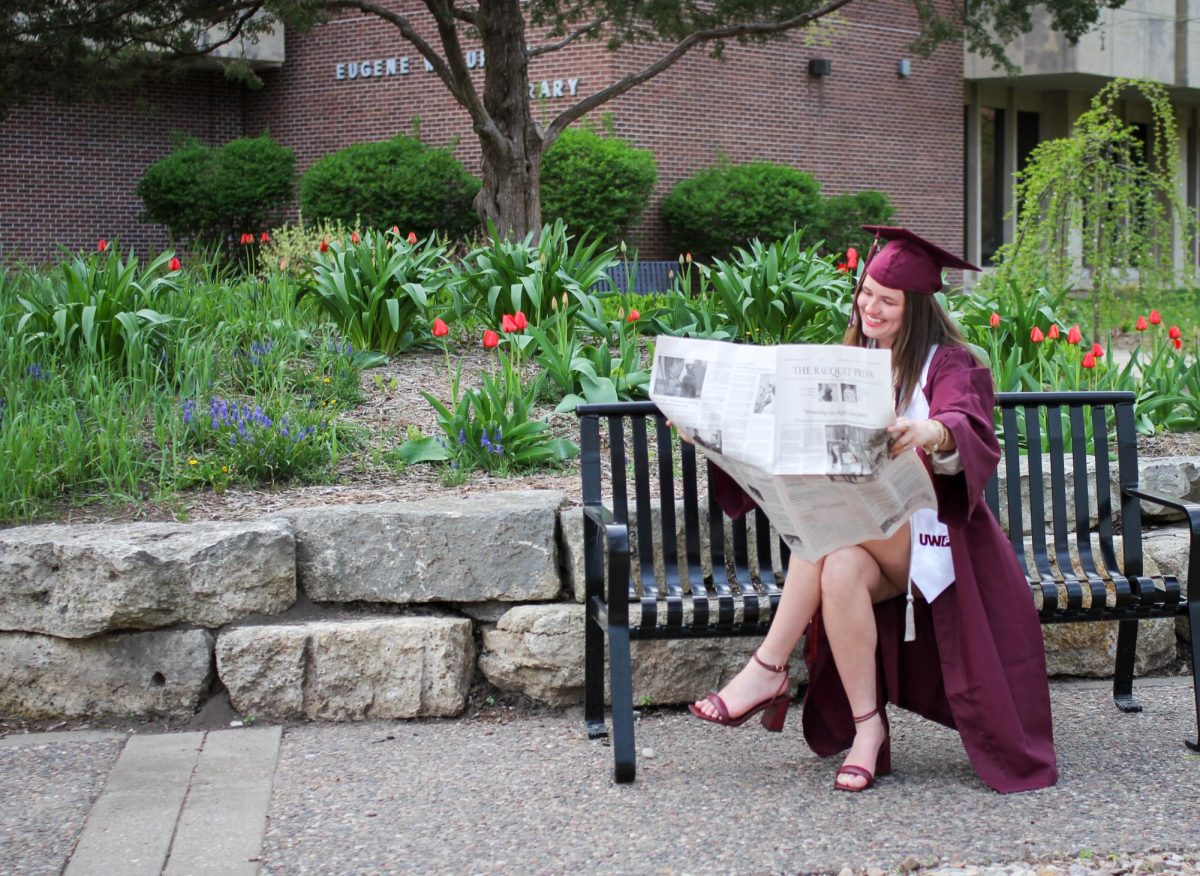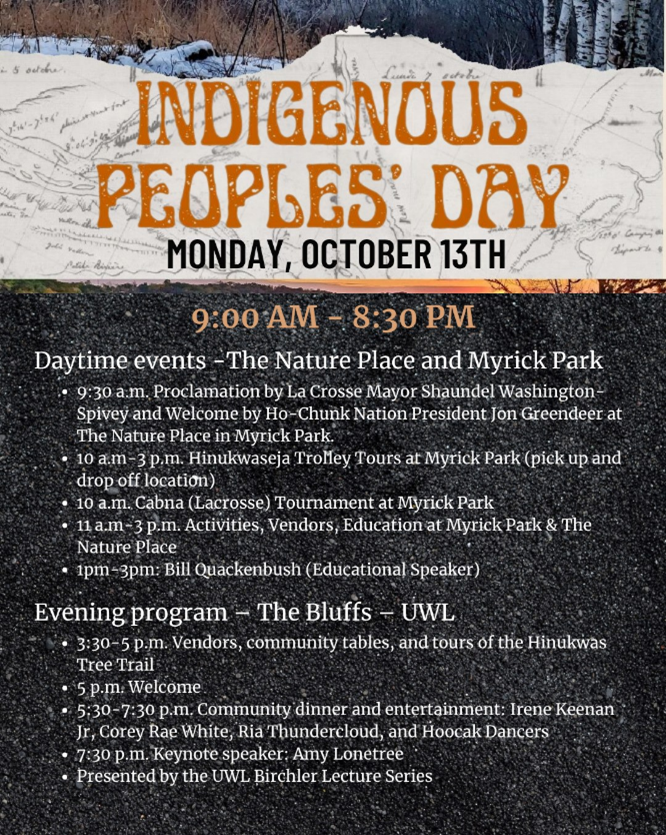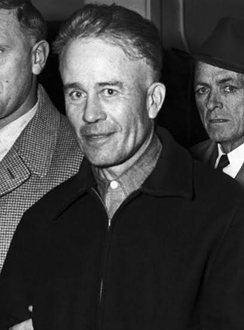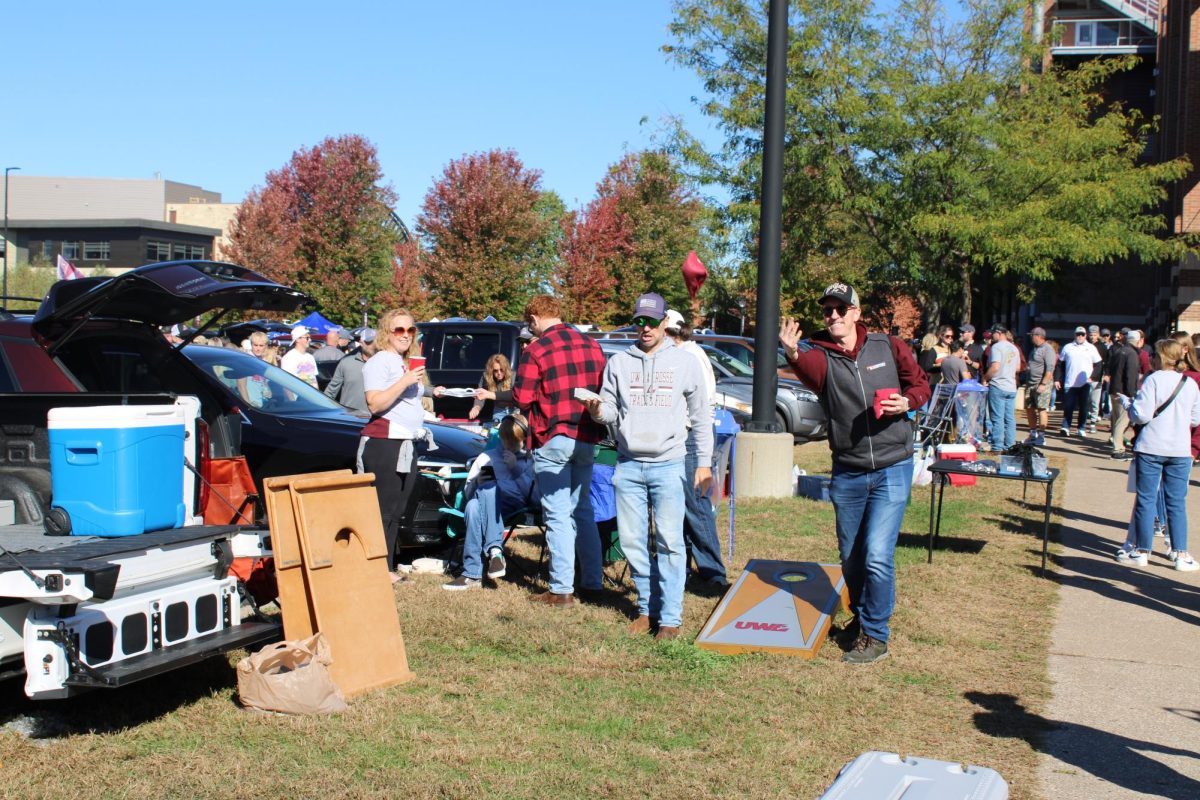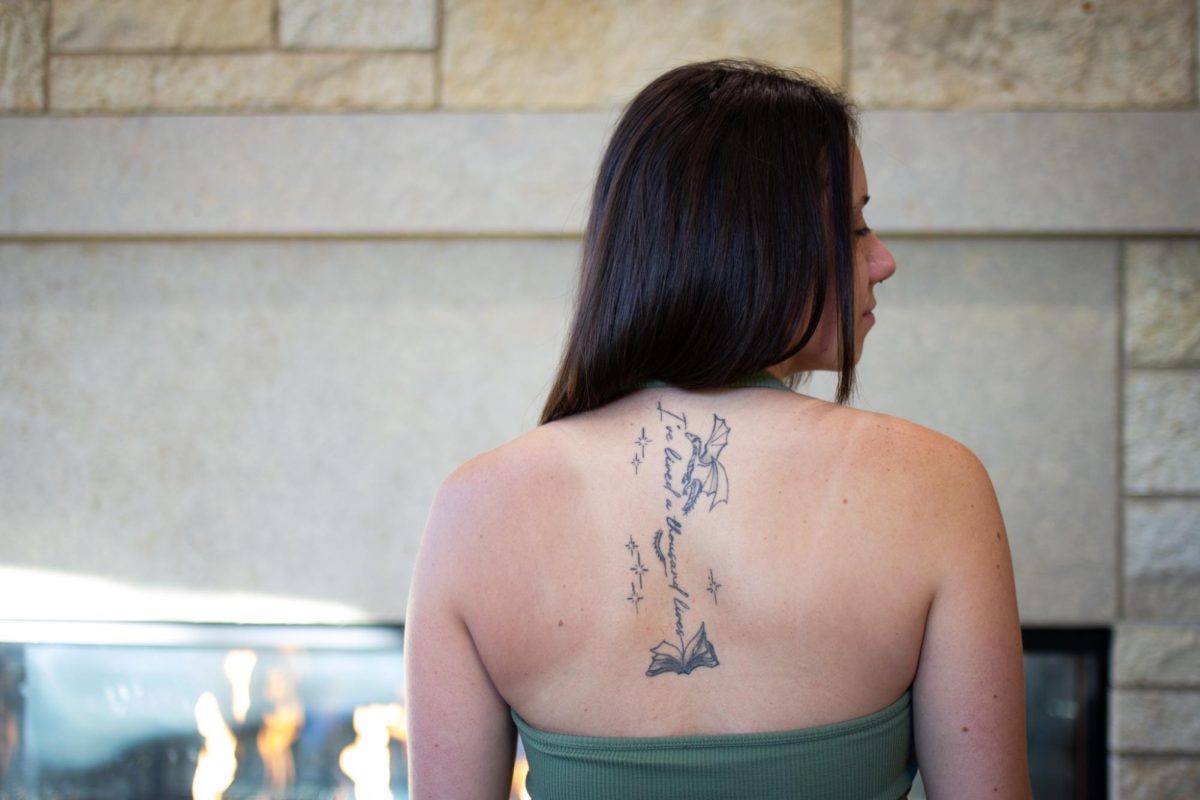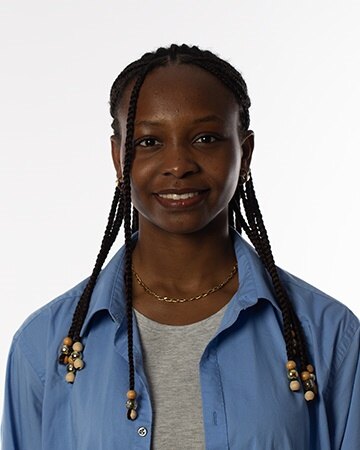Anika Oplanic is a fourth-year student graduating this spring with a Bachelor of Science in biology with a concentration in molecular genetics and cell biology.
Oplanic has served a variety of roles on campus throughout her four years at the University of Wisconsin-La Crosse and is currently the first student leadership development intern at the Office of Multicultural Student Services (OMSS). She also works as the residential assistant for the international floor in Eagle Hall.
Originally from Illinois, Oplanic wasn’t initially looking to go to college in Wisconsin, but graduating from high school in the thick of the COVID-19 pandemic changed that.
Oplanic said that Wisconsin was the only state among her options that offered in-person tours. In addition to this, UWL offered her more unique scholarships and was known for its science and research, both of which she wanted to start on early.
One of her research endeavours includes working with Dr. Tisha King-Heiden, a UWL researcher, on the bioaccumulation and toxicity of PFAS in larval fish species.
Even as a first-year student, Oplanic has always been very involved on campus. Her first responsibility was being a dorm sustainability coordinator at Hutchinson Hall. That same year, she joined the Asian Latinx African Native American+ Womxn organization and was elected as a co-chair. She eventually became the co-president the following year and increased membership by 1,350% alongside her team members.
Oplanic was also a member of the Chinese culture club, the inactive ‘I am that Girl’ club and mentioned frequently going to meetings held by all Multicultural Student Orgs (MSOs). She worked as a desk assistant, residential assistant and in the Campus Thread office as well.
“I’ve always been super involved… I was in like 10 clubs in high school,” said Oplanic. “I just love to meet people and see what people are doing.”
Oplanic said that she was able to achieve this level of involvement by staying true to herself and acting accordingly, but these involvements didn’t come without their challenges.
“It kind of hurts in other places, because then I’m not focusing on school as much, but you live and you learn, ” said Oplanic.
Oplanic also mentioned some challenges that came with being a campus leader.
She said, “You’re always expected to offer spaces of hope, of kindness, of refuge for certain students, but then you, as a leader, also need those spaces as well.”
Oplanic continued, “But that’s not a resource that is really for you anymore, because you’re leading it. You become the resource, and when your cup’s empty, it’s hard to give to others.”
Oplanic further explained that constantly being an educator and a figure of authority could be taxing, particularly when people look up to you. “The decisions you make reflect your club, especially a group as tight as OMSS,” she stated.
Oplamic described college organizations as a blend of professional and personal, especially when it came to MSOs. She said that being a minority group on campus required them to stick together, but differing lives and personalities could make that difficult.
There have also been some rewarding moments, which Oplanic highlighted.
“Last year, one of our younger execs talked about how I helped her establish herself as an MSO leader, and how I helped her feel more comfortable at the school. Being able to have that influence and help people like that means a lot to me,” said Oplanic.
She also briefly mentioned her hall residents and added that having a heart-to-heart conversation with them meant that she was trusted as an individual and as a resource.
Oplanic thanked everyone she has worked with in the Diversity and Inclusion office, her original team of executive members in ALANA, close friends, memorable professors and her research advisor for making her the leader that she is today.
“I think their (DEI) work is so important. A lot of our clubs would not be around without those same people. A lot of our offices wouldn’t be there, resources, [and] everything would not be there,” said Oplanic.
Oplanic has won several awards over the years at UWL. She was awarded the Universities of Wisconsin Outstanding Women of Color in Education Award in 2024, in which she was the first student to win in 11 years and the ALANA Phenomenal Women’s Award in 2025. As a first-year student, she won the First Year Writing Program Award for a writing piece about feeling disconnected from her Filipino culture.
“I wasn’t outspoken until I got to UWL, and then I couldn’t be quiet anymore. I did not have the privilege anymore,” said Oplanic. “I became stronger and more of a leader, and I hope that I have helped protect or give refuge to students who felt the same way, and hopefully those awards reflect that.”

